The National Children's Hospital informed that the hospital's doctors have just treated a case of a 10-year-old girl, NPL, who suffered from severe dermatitis due to contact with jellyfish while swimming in the sea.
The patient’s mother said that during a recent vacation, the family took the child to the beach. While the child was swimming, they saw an object drifting close by. Seeing that the transparent object (a jellyfish) was very beautiful, the child put his arms around it.
Immediately afterwards, the baby suffered severe skin damage, including redness, blisters, streaks of blisters, swelling, oozing, inflammation, accompanied by itching and stinging in the forearm and back of both hands, at the location in contact with the jellyfish tentacles.
The patient was hospitalized for treatment, with the coordination between the Dermatology Department and the Emergency and Poison Control Department. After a week of treatment with systemic antibiotics, anti-inflammatory and anti-itch drugs, topical medications and local care, the child's condition gradually improved, the affected skin area was no longer swollen and no longer oozing.
According to doctors, the beach tourism season is coming, to minimize the severity of dermatitis when children accidentally come into contact with jellyfish, parents need to pay attention when children have come into contact with jellyfish, if there are any symptoms such as nausea, vomiting, difficulty breathing, chest pain, cyanosis, parents need to stay calm, call for support from the nearest medical staff. Parents should try to keep the child from moving, limit rubbing on the skin area that has come into contact with jellyfish. Then immediately remove the jellyfish from the child's body.
When handling jellyfish, parents should remember to wear gloves or cover their hands with plastic bags to minimize contact with toxins secreted from jellyfish tentacles; Wash the wound with seawater, be careful not to wash with fresh water because the change in pressure can stimulate tentacles on the skin to release toxins. If vinegar (3-5% acetic acid) is available, the damaged area can be washed with vinegar for 30 seconds to inhibit cells that release toxins on jellyfish tentacles; Use available tools such as spoons and scrapers to gently scrape the jellyfish contact area to remove toxic cells from the skin.
Parents can relieve pain for children by applying warm compresses or rinsing under warm water (about 40-45 degrees) for 20 minutes or applying ice wrapped in a clean plastic bag. Pain relievers are easy to find such as ibuprofen or paracetamol; Soothe skin damage with moisturizing cream/emulsion, reduce itching, reduce swelling and pain with creams containing corticosteroids and antihistamines.
Doctors also recommend not applying leaves, unknown medicine, or washing the wound with urine because it can make the condition worse, cause the injury to spread, or cause infection.
Doctors at the National Children's Hospital note that after initial treatment, children need to be taken to medical facilities for assessment of severity, timely wound care and treatment, and to avoid unwanted complications.
When taking children to the beach, parents needto educate them to recognize and stay away when they spot jellyfish near the swimming area; Find out more information from local people to know the sea areas and times at risk of encountering jellyfish (observe and read warnings at the beach).../.
Source: https://www.vietnamplus.vn/tiep-xuc-voi-sua-trong-khi-tam-bien-canh-tay-be-gai-ton-thuong-nang-ne-post1040636.vnp




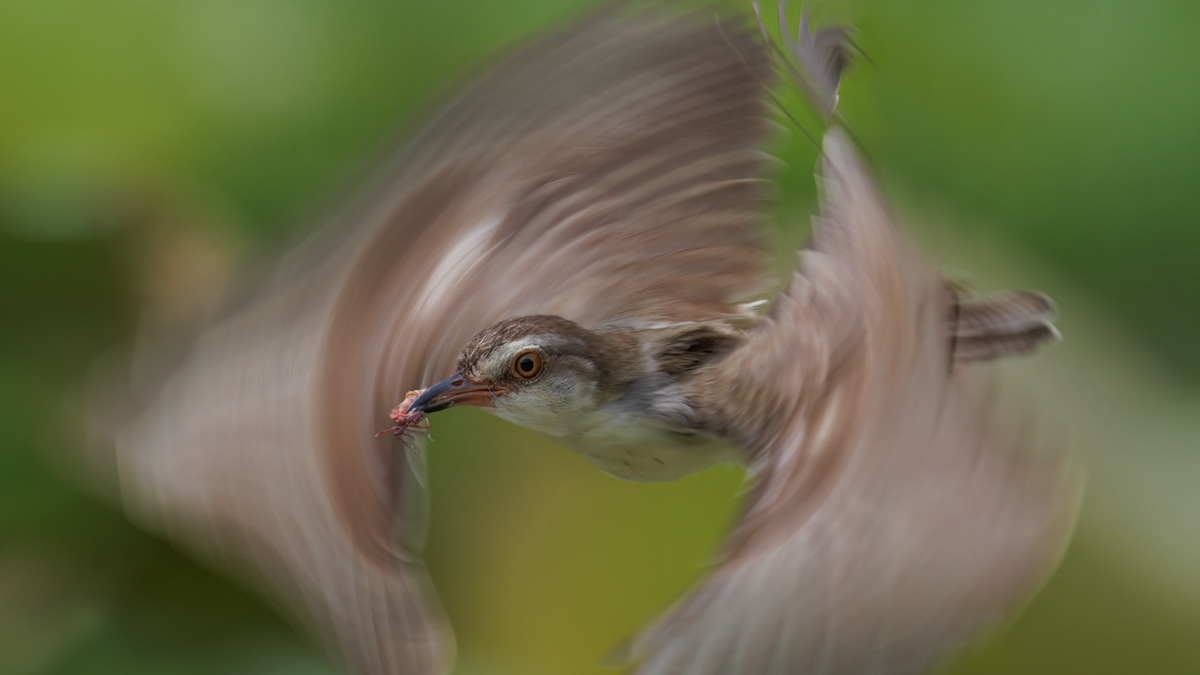

![[Photo] Official welcoming ceremony for French President Emmanuel Macron and his wife on a state visit to Vietnam](https://vphoto.vietnam.vn/thumb/1200x675/vietnam/resource/IMAGE/2025/5/26/a830702ef72f455e8161b199fcefc24d)
![[Photo] Pink ball and table tennis](https://vphoto.vietnam.vn/thumb/1200x675/vietnam/resource/IMAGE/2025/5/26/d9f770bdfda243eca9806ea3d42ab69b)








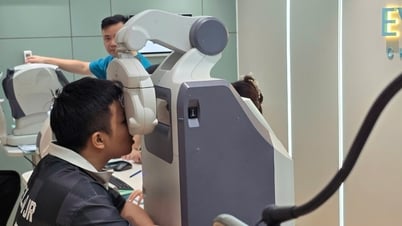














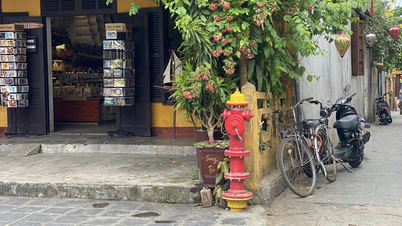







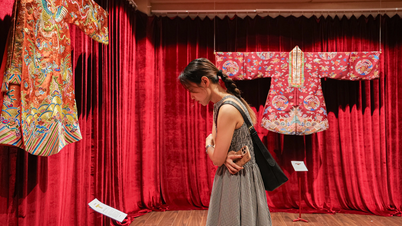































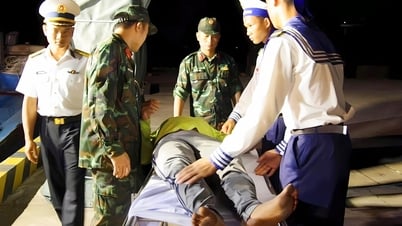



















Comment (0)